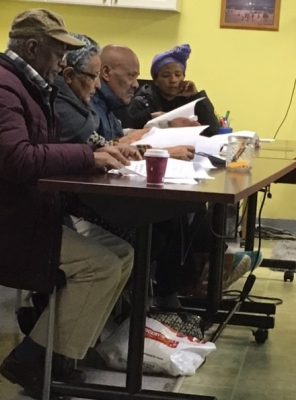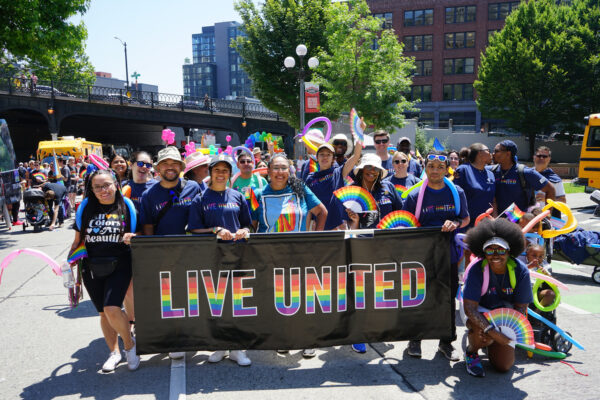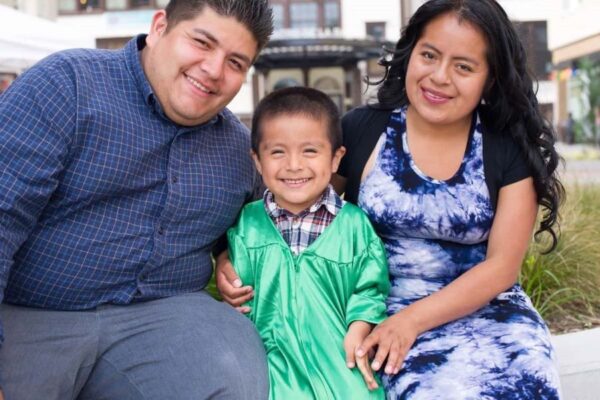Changing refugees and immigrant lives with financial stability
Walk into Ethiopian Community of Seattle and smiles greet you from people of all ages: young children who are there playing while their parents socialize, teens who are learning skills/doing their homework in the computer room and even from the staff who are manning the authentic café. The building is bustling with activity, including a room where experts teach financial stability classes to newly arrived immigrants.
Hussen, who came to Seattle in 2016, enrolled in the program last fall, not knowing it would change his life.
“Some people in Ethiopia know how to budget but many people don’t, as it’s not a first world country and the incomes are not very high,” says Hussen, a single father of two young boys.
In addition to teaching basic checkbook balancing and money-saving strategies, program participants learn how to write a resume, a cover letter, and search for a job online.
While a financial expert teaches the importance of building up savings, many in the room are living on modest incomes or are struggling with poverty. United Way of King County jumpstarts each participant’s financial stability with a $300 stipend.

Ethiopian culture is rich with sharing and community so a common practice called Ekub is also incorporated into the class to boost savings. Here’s how it works: Participants bring $5 to class each week and put it into the pot. Every week, someone wins the pot of money.
For Hussen, the United Way investment and the money he received from Ekub were a game changer. The money, combined with savings, helped him purchase a used car, something he desperately needed for the job he was offered as a parking lot attendant.
“You can’t buy a car without that sum of cash.”
Aside from learning money management and job-seeking skills, Hussen says the class teaches something you won’t find in any textbook: “The class gives you confidence. You also meet other Ethiopians so the program is community-building.”
We’re investing in more than 50 nonprofits that serve low-income refugees and immigrants. Teaching vulnerable populations new skills like money management and job training lifts them out of poverty and allows them to support their families. It builds a better future-and that’s a win for the whole community.





Comments